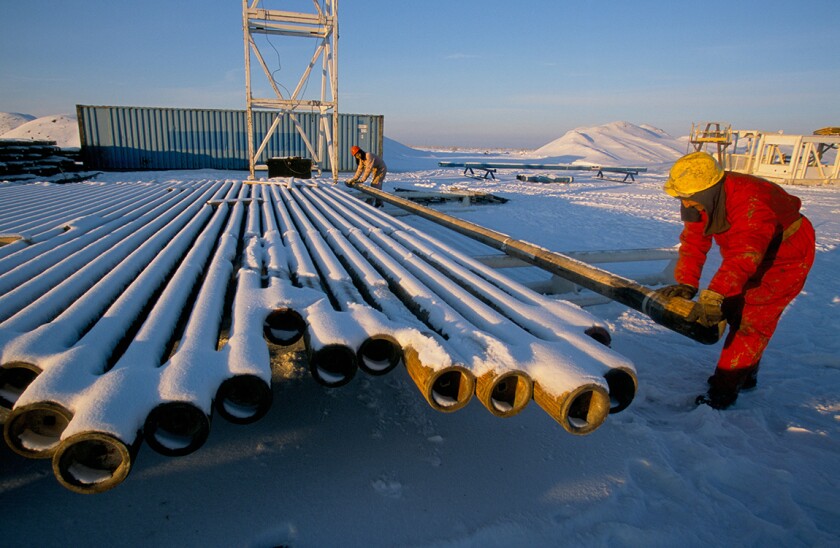The war in Ukraine has indirectly made some issues easier for Central Asia, as China has diverted interest and resources from Ukraine, Russia lavishing more attention, and Turkey cutting trade deals and promoting cultural links, according to leading regional analysts.
The region has emerged as a net beneficiary of the shifting of geopolitical tectonic plates. Central Asia’s powerbrokers are gaining influence, as Moscow and Beijing, both of which seek geopolitical primacy there, court the region.
In May, Chinese president Xi Jinping hosted a five day summit in the western city of Xi’an, attended by the presidents of all five Central Asian states and an army of ministers, oligarchs, banks and companies. Russia was not invited.
“There was so much pomp and circumstance,” said Matthew Gray, associate director for ESG risk and corporate sustainability emerging markets (Eurasia) at Morningstar Sustainalytics, who was at the event. “Billions [of dollars in deals] were signed”, by Chinese firms seeking access to regional markets and closing energy and mineral extraction deals.
“It was the official relaunch of the power of the Silk Road,” he said. “China bent over and said: ‘We will make you feel like sultans and kings’.”
Moscow, meanwhile, has sought to avoid any loss of influence in a region vital to its interests. It has not — as many feared — threatened to attack Kazakhstan, with its large Russian-speaking population. Instead, its firms, denied access to Western markets, have “invested hard across cotton production, pharmaceuticals, construction”, Grey said.
On October 7, Russia signed a two year deal to pipe 9m cubic metres of natural gas a day to Uzbekistan via Kazakhstan. It was proof that Russia’s earlier aim of signing a ‘tripartite gas union’, trading energy for regional support, had failed.
“It wasn’t the deal Russia wanted,” said Andrew D’Anieri, a resident fellow at the Atlantic Council’s Eurasia Centre. “Both countries flexed their muscles and pushed back diplomatically. Uzbekistan is paying more for gas but gaining greater autonomy.”
Central Asia’s most populous state has ambitions beyond Russia. “Uzbekistan is rolling out the red carpet,” said D’Anieri. “It has unveiled tax benefits for IT firms, with the aim of being the ‘new India’ in IT help and outsourcing. They’re making a big push to attract US investment, as they want to be seen as a more reformist country.”
Capital is flooding in from Turkey, the UAE, Saudi Arabia, Spain and the US. UN data shows foreign direct investment jumping from $7bn in 2021 to $10bn in 2022 — although the real number is likely to be far higher.
As a result, GDP is on the rise. Last month, the European Bank for Reconstruction and Development raised its regionwide growth projection to 5.7% in 2023 and 5.9% in 2024, boosted by a resumption of international trade and tourism, China’s reopening and high remittances from Russia.
It tipped Kazakhstan’s economy to grow 5% this year and next, with some uncertainty around high oil prices. Uzbekistan should grow 6.5% in 2023 and 2024, fuelled by strong domestic demand and rising wages and credit growth.
